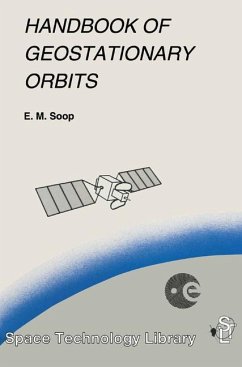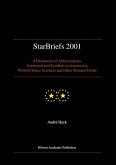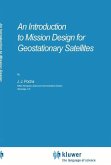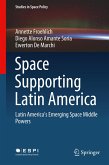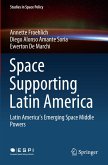This Handbook 0/ Geostationary Orbits is in principle an extension of the Introduction to Geostationary Orbits that was printed as a special publica tion by the European Space Agency (ESA) in 1983. The immediate purpose was to provide the theoretical background and some practical advice for the orbit control of geostationary spacecraft by means of the software package "PEPSOC". PEPSOC, short for "Portable ESOC Package for Synchronous Orbit Con trol" , was produced by the European Space Operations Centre (ESOC) to support spacecraft operations in the routine phase. The resulting publication was a handbook for engineers and spacecraft operators, rather than a clas sical textbook in celestial mechanics. During the past eleven years, the software system PEPSOC has found a wide application both within and outside the ESA member states. At the same time, the original Introduction found numerous readers also outside the group of PEPSOC operators. The continuing development and the in creasing use of the geostationary orbit has now created the need for a new, more detailed publication to include new aspects that have emerged. The present Handbook contains several additional subjects and more math ematics to describe the methods applied in PEPSOC. The geophysical and astronomical parameters have been updated to reflect the latest recom mended values. This results in small deviations of the numerical data compared to the Introduction.
` ... can be recommended as an introductory textbook on space courses at a high school or university, but many amateurs and teachers (provided with the basics in calculus and vectorial algebra) will find useful information about this modern subject of celestial mechanics.'
Orion, 271 (1995)
Orion, 271 (1995)
` ... can be recommended as an introductory textbook on space courses at a high school or university, but many amateurs and teachers (provided with the basics in calculus and vectorial algebra) will find useful information about this modern subject of celestial mechanics.'
Orion, 271 (1995)
Orion, 271 (1995)

